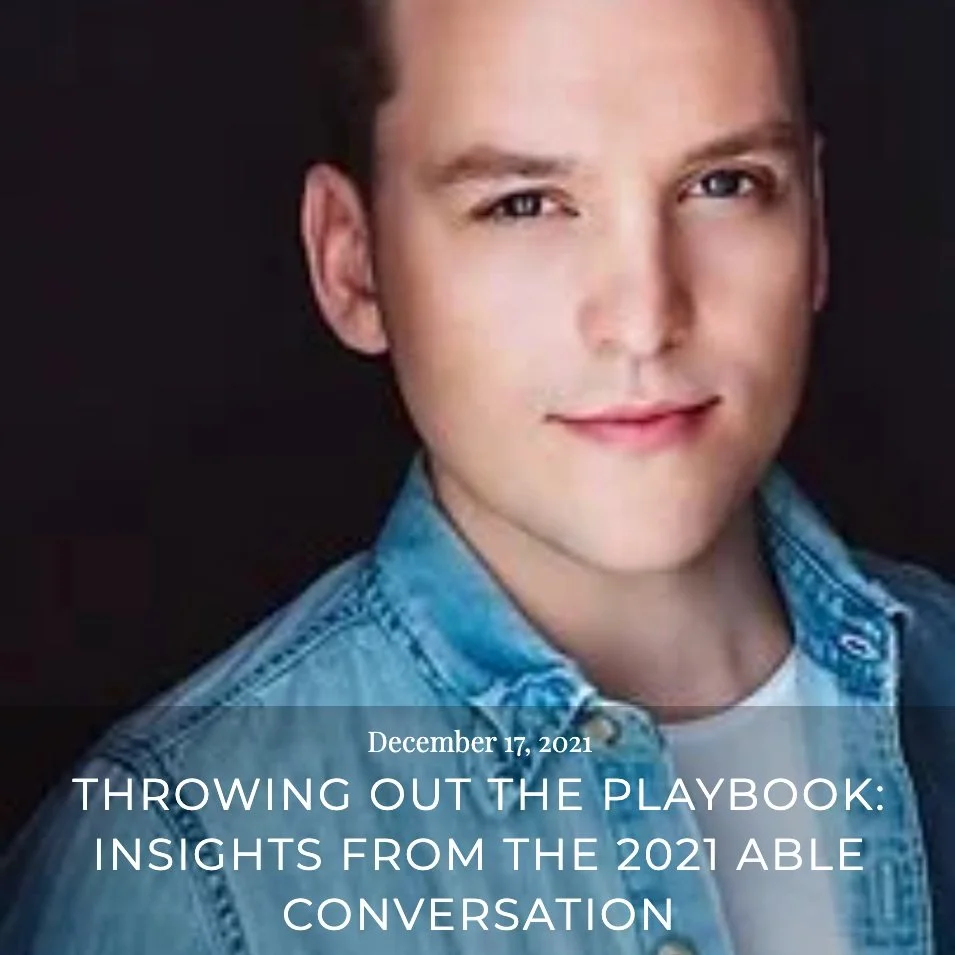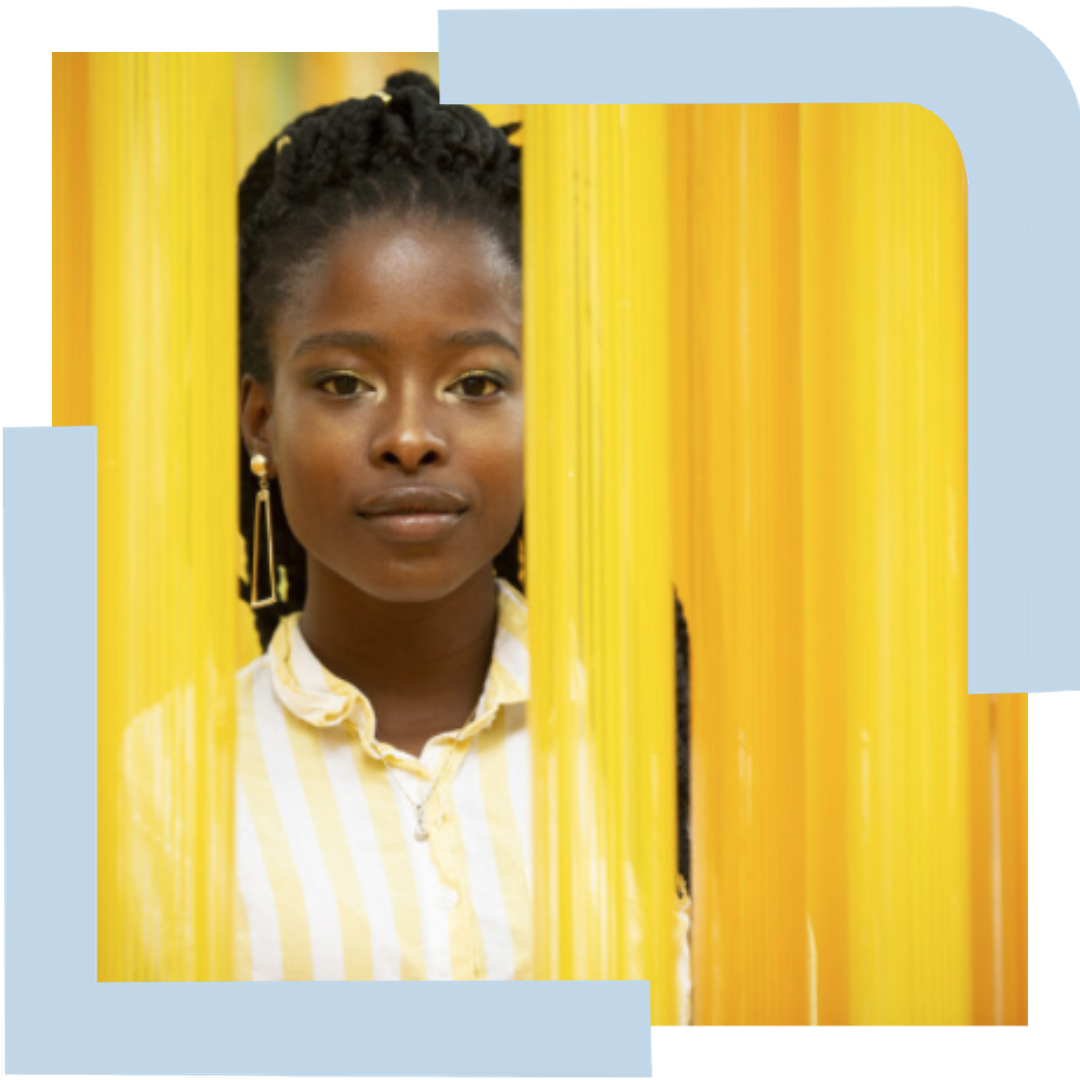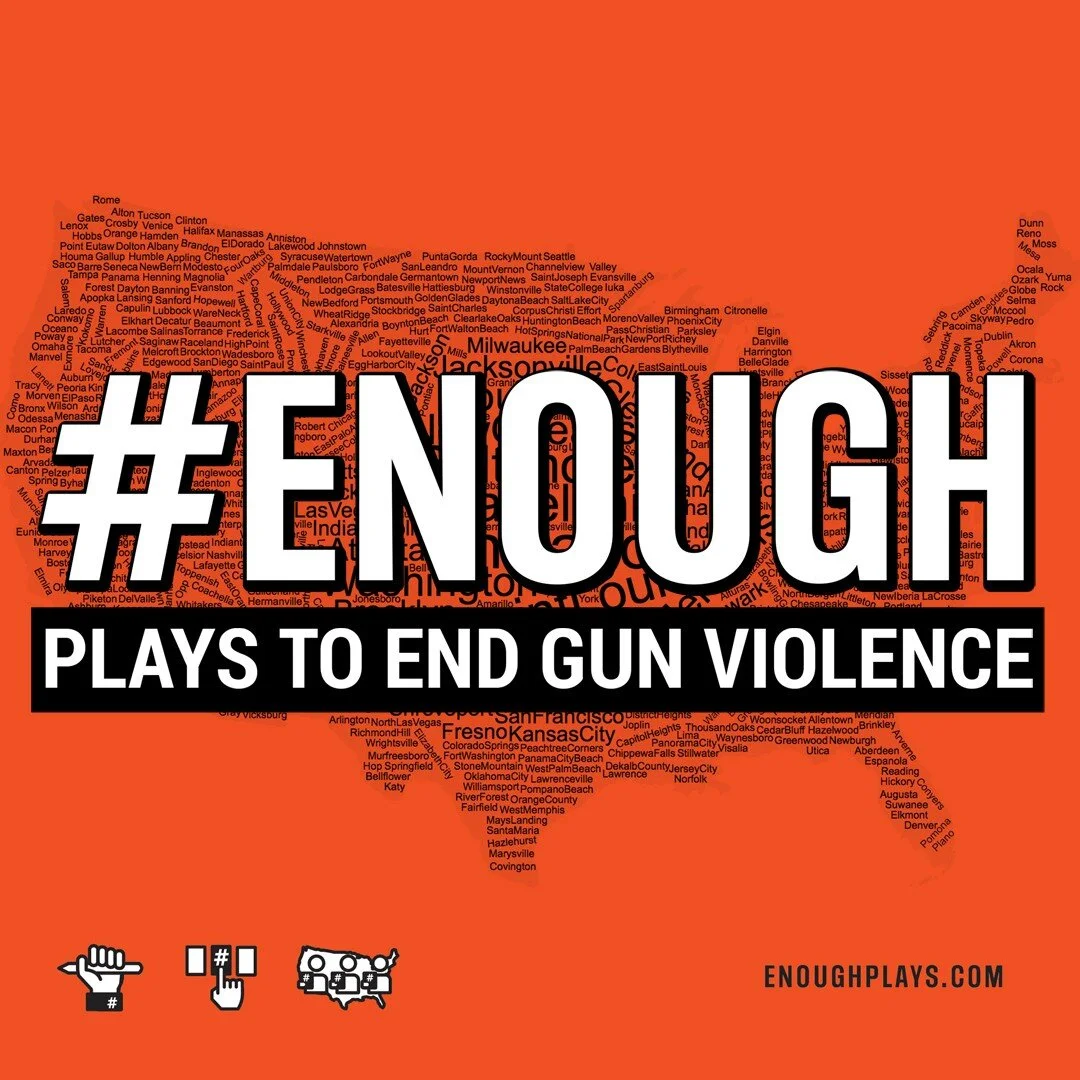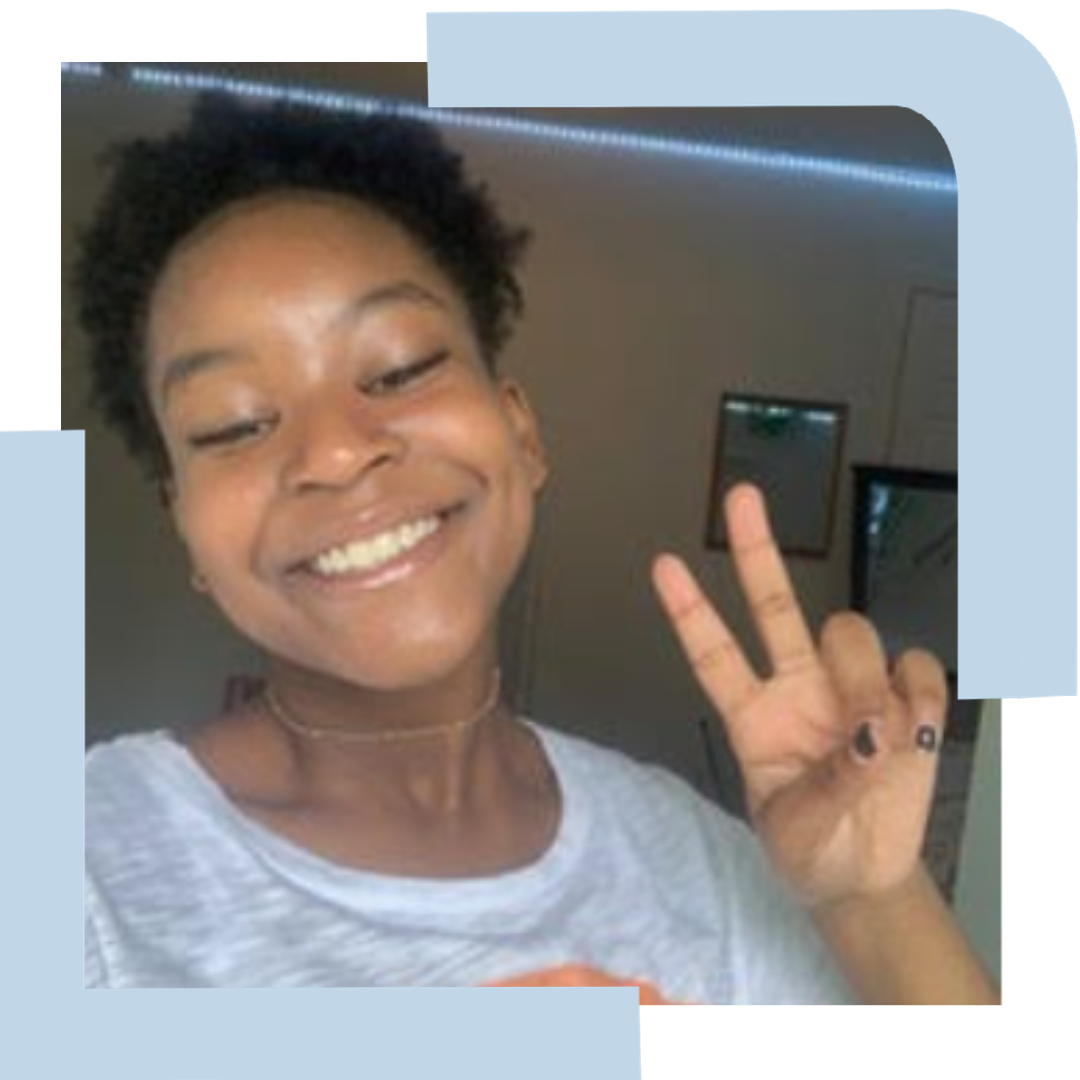Jordan Campbell
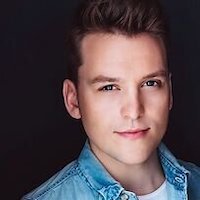
Sr. Associate, Research & Learning
Focus: Curiosity & Learning
Jordan Campbell (he/him) serves as the Sr. Associate of Research & Learning with a focus on curiosity and learning. In this role, he oversees delivery of components of research and learning projects and the authoring of various knowledge products for field-building.
Jordan brings a dynamic blend of experiences to Creative Generation. Hailing from the Appalachian hills of eastern Kentucky, the local arts center was Jordan's haven for creative inspiration as a young person. Today, his career centers on ensuring access to the rich experiences he had as a youth in his rural hometown. In a career that traverses the fields of the performing arts, education, research, and policy, Jordan leverages his interdisciplinary background to foster constructive social impact and amplify the voices of marginalized youth.
As an actor, Jordan has performed to audiences across the world including shows at the John F. Kennedy Center, Carnegie Hall, and on U.S. & international Broadway tours. As an educator, Jordan has instructed courses on a diverse range of topics related to arts & culture in the United States, India, Ghana, and China. He also occasionally serves as a teaching artist, director, and acting coach for various regional theaters and arts organizations. Following his acting class under the tutelage of Anna Deavere Smith, Jordan created a justice-driven documentary theatre strategy through Harvard University which has been piloted in schools globally.
As a researcher, Jordan has authored original research on topics ranging from mentorship models to musical theatre history.
As a consultant, Jordan has collaborated with several arts & cultural organizations and global NGOs on strategic planning, instructional design, content development, implementation, and program evaluation. He served in the Obama White House as a staff point-person on Arts and Education issues, has collaborated with the Department of Education on arts-related grant programs, and worked on numerous progressive U.S. political campaigns as a voice for the arts & cultural sector.
Jordan holds a Master of Education from the Harvard Graduate School of Education and a BFA in Musical Theatre & BA in Political Science from Western Kentucky University.
Location: Lexington, KY, USA
Blogs
On June 10, 2022, Jeff and I moderated and participated on a panel entitled “Learning in Liminal Spaces: Arts Integration from the Student Perspective,” at the A2RU@10 Symposium What’s Next for Arts Integration? hosted by the Alliance for the Arts in Research Universities at the University of Michigan in Ann Arbor. We were joined by two panelists, both of whom have interacted with higher education arts-related programs in various capacities, shared their ideas and reflections about a carving space for unique scholastic journeys in the higher education ecosystem.
In a world of specialists and standardized job titles, society writ large fails to recognize that innovation is often sparked at the intersections of domains - squarely in the sweet spot where many of us in the arts & cultural education ecosystem constantly find ourselves. We are multihyphenates.
On Saturday, November 20, the Berklee Institute for Arts Education and Special Needs (BIAESN) hosted the 2021 ABLE Conversation: Anti-Ableism, Representation, and Accessibility in Arts Education symposium with keynote speakers Rebecca Cokley and Gaelynn Lea. The symposium was powered by Creative Generation. After the keynotes, participants had the opportunity to engage in small group discussions on the insights they gleaned from the presentations.
When stepping into another culture, I always challenge myself to contextualize the sociopolitical issues facing the people in that place. Stopping short of inserting my own views on the issues, I strive to listen louder than I speak. Some of the most important growth in my thirty years of life have come from experiences outside the United States. For me, it’s always about context, context, context. I will never fully grasp the issues facing other cultures I am not a part of, but I can certainly try to weave together an appreciation and an empathetic perception. If you really pay attention, listen closely, and dig deeper to place yourself in the context of what is going on, you can expand your capacity to empathize and build an authentic global understanding. This is especially true when viewing local issues through art.
Since diving into the research that led to my work on Cyclical Mentorship in 2017, I have been thinking deeply on the concept of mentorship, especially in the arts and cultural education ecosystem, and how we can shift - or expand - the narrative. Some of the most compelling empirical evidence I have gathered involves conversations around mentorship, but there’s a major twist: these conversations are never directly about mentorship.
Now that I hold a director-level position within Creative Generation and own a small business, I find myself serving as a mentor and mentee in equal turns. Ultimately, I find I learn the most from people who are, themselves, willing to learn through an on-going, mutual dialogue. Taking a meta look at this, I’ve narrowed my criteria for rewarding mentorships to three traits.
In this model, each individual’s experience is honored from their own lived experiences. As an asset-based approach to mentorship, focus is placed on individual strengths and the diversity in thought, culture, and traits. We must ask ourselves, is that not essentially what arts education aims to do: amplify creative practices and embolden the perspectives of young people for the benefit of communities?
Since January 20th, Amanda Gorman’s poem at the U.S. Presidential Inauguration has been celebrated globally. From powerful think pieces to musical remixes, the speech has lit a cultural firestorm and has raised questions about society, arts and culture, education, and - most critically - the young Black voice.
The #ENOUGH Nationwide Reading is the culmination of a yearlong theatre activism initiative that started with a call for submissions from teens to write 10-minute plays that confront the issue of gun violence. We received 184 submissions from 23 states and 3 countries and a panel of award-winning playwrights selected winners. Youth playwrights Adelaide, Eislinn, Azya, Debkanya, Olivia, Sarah, and Elizabeth represent the bold, brave voices of the future of American theatre.
Many young artists in the United States are activating their creativity for social change at the ballot box and on important congressional funding measures. These individuals and coalitions aim to get out to vote, educate citizens on the issues, and fight for important causes. One of those causes is funding for Arts & Cultural Education and the creative sector of the U.S. economy which has been ravaged by the global coronavirus pandemic. In this edition of #Artivism, we will highlight the work of two Artivist practitioners and a group led by young artists that is fighting for congressional financial support for creatives, teaching artists, and cultural organizations.
At the 2020 AATE National Conference, the two winners’ YPC plays were announced, and virtual performances were presented with actors bringing the texts to life. Jordan Campbell had a chance to catch up with this year’s winner Lauryn Bonds about her experience creating her play, Brave.
At the 2020 AATE National Conference, the two winners’ YPC plays were announced, and virtual performances were presented with actors bringing the texts to life. I had a chance to catch up with this year’s Runner-Up Emily Ge about her experience creating her play, Shared Ignorance. The theme for this year’s YPC Program was Take A Stand, encouraging young people to share their stories and perspectives on how they use their voices to change the status quo.
One outlet youth have used to cope with trauma, express frustration, and demand justice in this time has been art. Even in a time of national turmoil, young people have turned to the arts to reclaim their identity, change the narrative, and speak out when witnessing injustice. That is why it is troubling to see potential COVID-related budget cuts to many of the arts programs on which students rely. College students are forking over full tuition for performing arts courses held online. We want to provide safe, effective arts programming during the pandemic, but in this moment, is it enough? Who falls through the cracks?
As an actor, educator, scholar, and activist, I’ve learned that one of the best forms of social justice is empowering youth to use their own voice and helping them recognize the power in ceding their narrative to someone who is very different from them. In the words of Maya Angelou, “We can learn to see each other—and see ourselves in each other—and recognize that human beings



